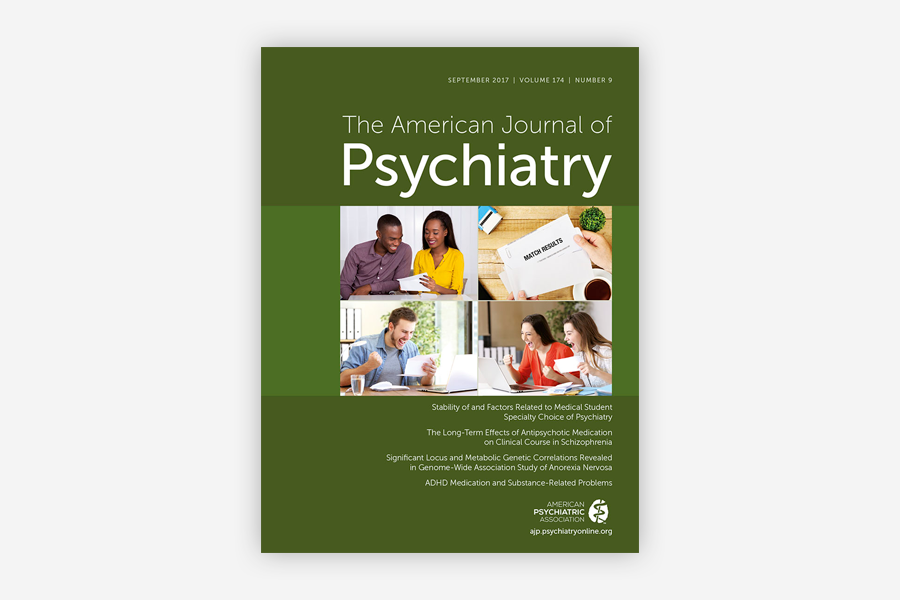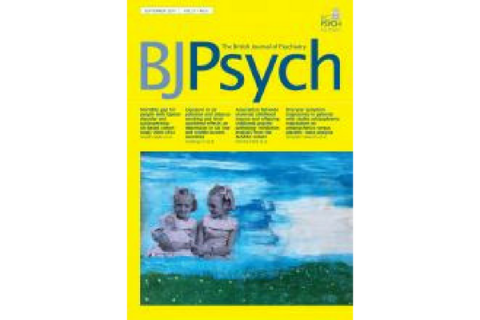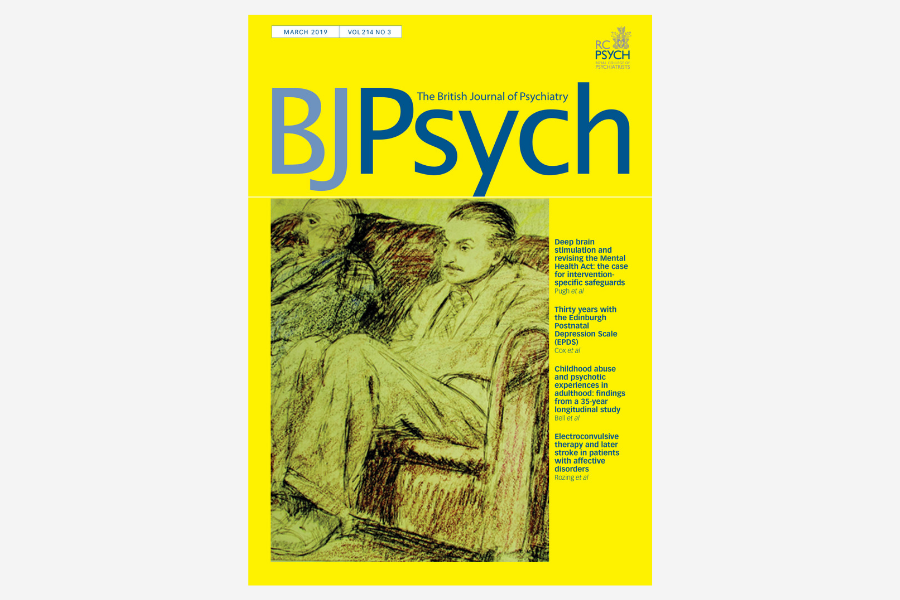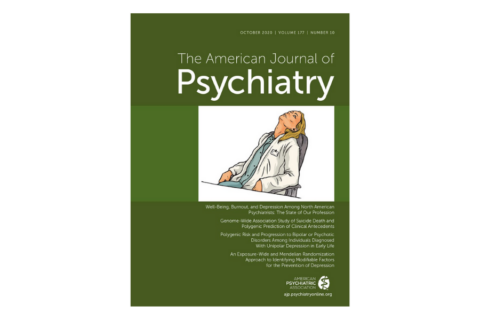
The American Journal of Psychiatry
Fecha de publicación: December 2017
DOI: https://doi.org/10.1176/appi.ajp.2017.16091073
Autores: Gregory A. Fonzo, Ph.D., Madeleine S. Goodkind, Ph.D., Desmond J. Oathes, Ph.D., Yevgeniya V. Zaiko, B.A., Meredith Harvey, B.A., Kathy K. Peng, M.A., M. Elizabeth Weiss, Ph.D., Allison L. Thompson, Ph.D., Sanno E. Zack, Ph.D., Colleen E. Mills-Finnerty, Ph.D., Benjamin M. Rosenberg, B.A., Raleigh Edelstein, B.A., Rachael N. Wright, B.S., Carena A. Kole, B.S., Steven E. Lindley, M.D., Ph.D., Bruce A. Arnow, Ph.D., Booil Jo, Ph.D., James J. Gross, Ph.D., Barbara O. Rothbaum, Ph.D., Amit Etkin, M.D., Ph.D.
Background: Exposure therapy is an effective treatment for posttraumatic stress disorder (PTSD), but a comprehensive, emotion-focused perspective on how psychotherapy affects brain function is lacking. The authors assessed changes in brain function after prolonged exposure therapy across three emotional reactivity and regulation paradigms.





